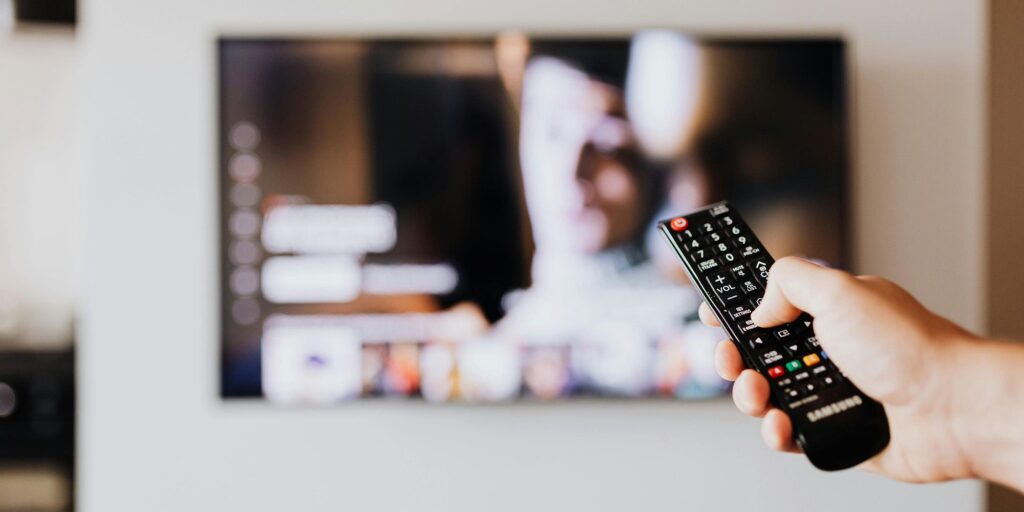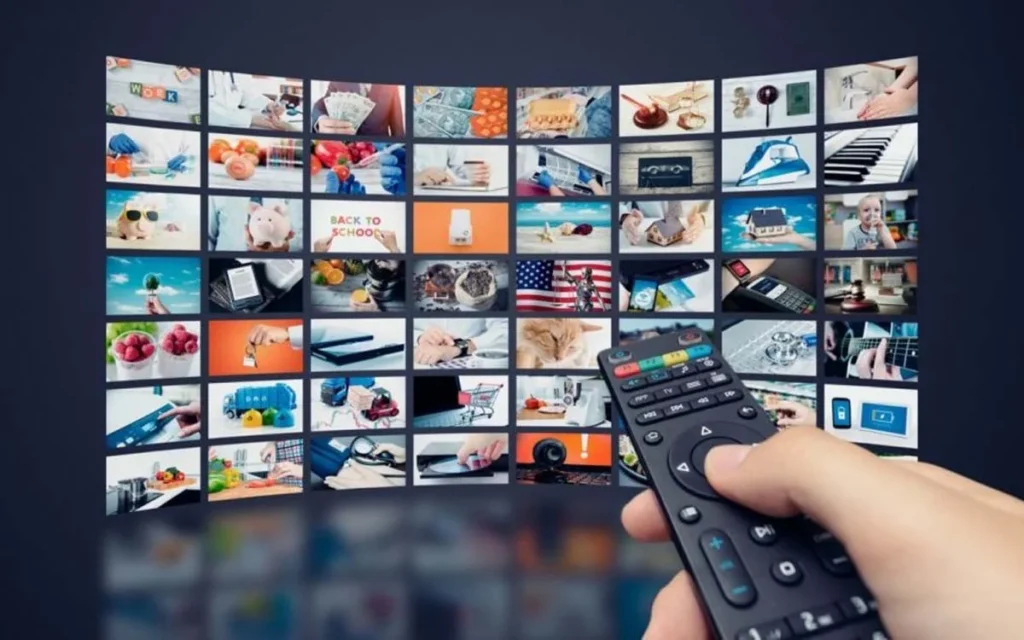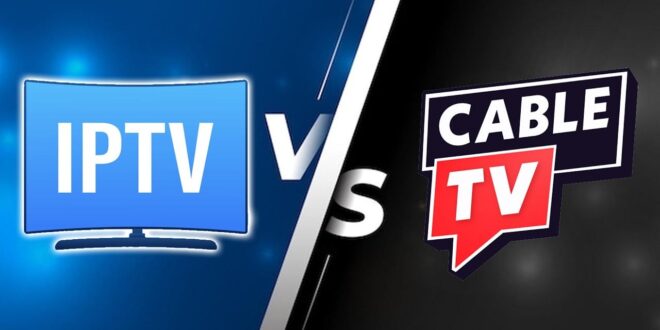The world of television has evolved drastically. Many of us remember the days when we relied solely on traditional TV for entertainment. Now, new options have emerged, offering flexibility and variety that we couldn’t have imagined years ago. IPTV is one of those alternatives, providing a fresh approach to consuming television content.
Let’s see how IPTV stands against traditional TV and why people might choose one over the other.
What is IPTV?

Internet Protocol Television, or IPTV, brings television content through the internet. It operates differently than traditional TV, which relies on satellite, cable, or antennas. By using your internet connection, IPTV allows you to stream channels and shows directly on devices like smartphones, smart TVs, or computers.
For those interested in trying this service, IPTV Sverige offers an impressive selection of over 20,000 channels, including movies, series, and sports. With excellent picture quality and 24/7 availability, it provides a top-notch experience for users seeking diverse global content. You can try their service for free before committing, which can be helpful when determining if IPTV meets your needs.
Differences in Content Delivery
The most significant difference between IPTV and traditional TV is how the content reaches you. Traditional TV operates through airwaves or cable connections. Channels are broadcast in real-time, so you have to tune in at a specific time to watch your favorite shows or rely on a DVR to record them.
IPTV, on the other hand, streams content over the internet. This means that live broadcasts, on-demand shows, and even recorded content are all delivered via your broadband connection. With it, you aren’t restricted to watching programs at a specific time. You can watch whenever you like, as long as you have an internet connection.
Variety and Customization

Traditional TV packages may come with many channels, but they are usually pre-set by the provider. You can only access what the service offers in your region.
IPTV offers a vast range of content from around the world. You can choose what you want to watch based on your preferences and interests, without being limited by geographical boundaries. Sports fans, movie lovers, and those looking for international series will find more options with IPTV.
Convenience and Flexibility
Traditional TV restricts viewers to a rigid schedule. Shows air at specific times, and you must plan your day around that schedule. IPTV removes that barrier. You can start watching any show or movie at any time, pause, rewind, or fast-forward. Many users appreciate the convenience of being able to watch whenever they like, without needing to plan their day around TV schedules.
IPTV also supports multiple devices. Whether you are at home or on the go, you can access your content on a tablet, smartphone, or smart TV. Traditional TV typically requires a set-top box or a cable connection, limiting where and how you can watch.
Picture Quality and Performance

When it comes to picture quality, traditional TV has improved significantly over the years. High-definition and 4K broadcasts are now available on many channels, offering clear and sharp images. However, IPTV services can offer similar or even better picture quality, depending on your internet connection.
Many providers deliver content in Full HD and 4K, making them competitive with traditional TV in this regard. As long as you have a stable and fast internet connection, you can enjoy high-quality streams without any significant delays or interruptions.
Cost Comparison
Traditional TV providers often charge high monthly fees for their services, especially for premium channels. IPTV services, on the other hand, tend to offer more competitive pricing, allowing you to access a wider range of channels for less money.
Another advantage is that IPTV doesn’t always require expensive equipment. While traditional TV often requires renting or buying a set-top box, IPTV can run on devices you already own, such as your phone or computer. This makes it a more affordable option for those looking to cut down on entertainment costs.
Content Accessibility

With traditional TV, you are often limited to regional programming. For instance, watching foreign channels may require an additional satellite dish or special subscriptions. IPTV breaks down those barriers. You can access content from virtually any country, giving you more variety.
Sports fans, in particular, benefit from IPTV services that provide access to international sports channels. Whether it’s European football, American basketball, or Asian cricket, IPTV opens up a world of possibilities for enthusiasts who want to follow teams and leagues outside their country.
Conclusion
IPTV and traditional TV each have their own set of advantages. Traditional TV offers familiarity, ease of use, and reliability, while IPTV provides greater flexibility, variety, and often more cost-effective solutions. If you’re someone who enjoys a wider selection of content from around the globe and prefers the convenience of watching on multiple devices, IPTV might be the better choice. Traditional TV still holds its ground for those who value simplicity and direct access to live broadcasts without relying on an internet connection.
Choosing between the two will ultimately depend on your entertainment preferences, budget, and flexibility needs.
 HQ Grande Prairie HQ Grandie Prairie is an online news portal aimed at providing latest day to day happenings of the World to its viewers.
HQ Grande Prairie HQ Grandie Prairie is an online news portal aimed at providing latest day to day happenings of the World to its viewers.

